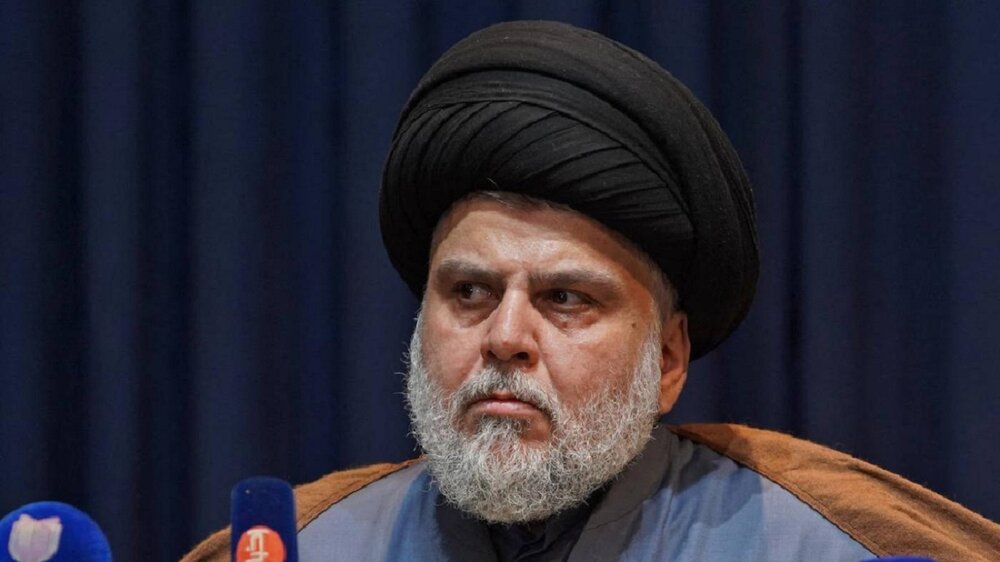Hawzah News Agency –Iraqi Shia cleric Muqtada al-Sadr's bloc was confirmed on Tuesday as the biggest winner of last month's parliamentary election.
Sadr's movement won nearly a fifth of the seats - 73 out of the assembly's total 329 - the independent election commission said, after a lengthy manual recount of hundreds of ballot boxes.
A Sunni party headed by parliament speaker Mohamed al-Halbousi came in second with 37 seats and the Kurdistan Party secured 31 seats.
Trailing behind those blocs with 17 seats was the Fatah (Conquest) Alliance, the former paramilitary force which is now integrated into Iraq's state security apparatus. This was down sharply from their 48 seats in the outgoing assembly.
The announcement of the results had been put off for weeks amid tensions over allegations of fraud and violence, which culminated on 7 November in an assassination attempt targeting Prime Minister Mustafa al-Kadhimi, from which he emerged unharmed. The attack was not claimed by any group.
Hashd al-Shaabi leaders had rejected the preliminary result last month as a "scam". Their supporters have staged sit-ins outside Baghdad's fortified Green Zone, rejected the tallies and demanded votes be manually recounted. Hundreds of complaints were lodged with the electoral commission.
Despite the significant loss of seats, Hashd al-Shaabi remains a powerful force in the Iraqi political scene and with a strength of 160,000 fighters.
It can also count on a key ally that made a surprise comeback in the polls - former prime minister Nouri al-Maliki's State of Law Alliance elected 33 seats in the legislature.
Calls for 'majority' government
The final results must now be sent to the federal court for ratification, after which the parliament will elect a president, who will, in turn, appoint a prime minister to be approved by the legislature.
Since 2006, Iraq has been governed using a power-sharing system that divvies up positions proportionally among the greatest winners in elections.
Though each of the last four elections has produced a standout winner, various parties have been folded into recent governments.
However, Sadr, a former leader of an anti-US militia who has often surprised observers with his political maneuvers, has called for a majority government with other leading blocs. The move could possibly exclude powerful Shia actors like Fatah.
Iraq, an oil-rich country of 40 million, is still recovering from years of conflict and turmoil.
Major fighting has stopped since a military alliance including the Hashd al-Shaabi defeated the ISIS group in 2017, but sporadic violence continues.


Your Comment